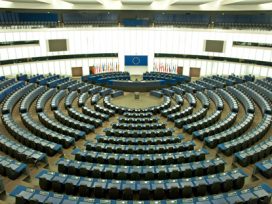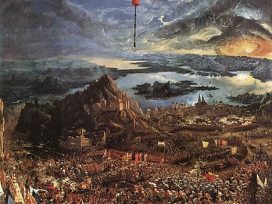
The EU’s response to the NSA scandal, a recent landmark European Court of Justice ruling and the European Parliament’s rejection of ACTA: all developments, argue Amandine Scherrer and Jef Huysmans, that show the EU remains key to achieving an Internet commons.


